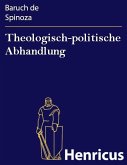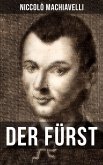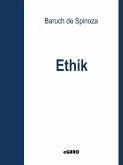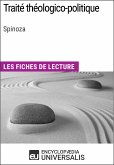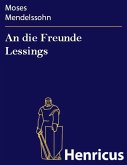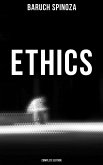I. By that which is self—caused, I mean that of which the essence involves existence, or that of which the nature is only conceivable as existent.II. A thing is called finite after its kind, when it can be limited by another thing of the same nature; for instance, a body is called finite because we always conceive another greater body. So, also, a thought is limited by another thought, but a body is not limited by thought, nor a thought by body.III. By substance, I mean that which is in itself, and is conceived through itself: in other words, that of which a conception can be formed independently of any other conception.IV. By attribute, I mean that which the intellect perceives as constituting the essence of substance.V. By mode, I mean the modifications[1] of substance, or that which exists in, and is conceived through, something other than itself.[1] "Affectiones"VI. By God, I mean a being absolutely infinite—that is, a substance consisting in infinite attributes, of which each expresses eternal and infinite essentiality.



